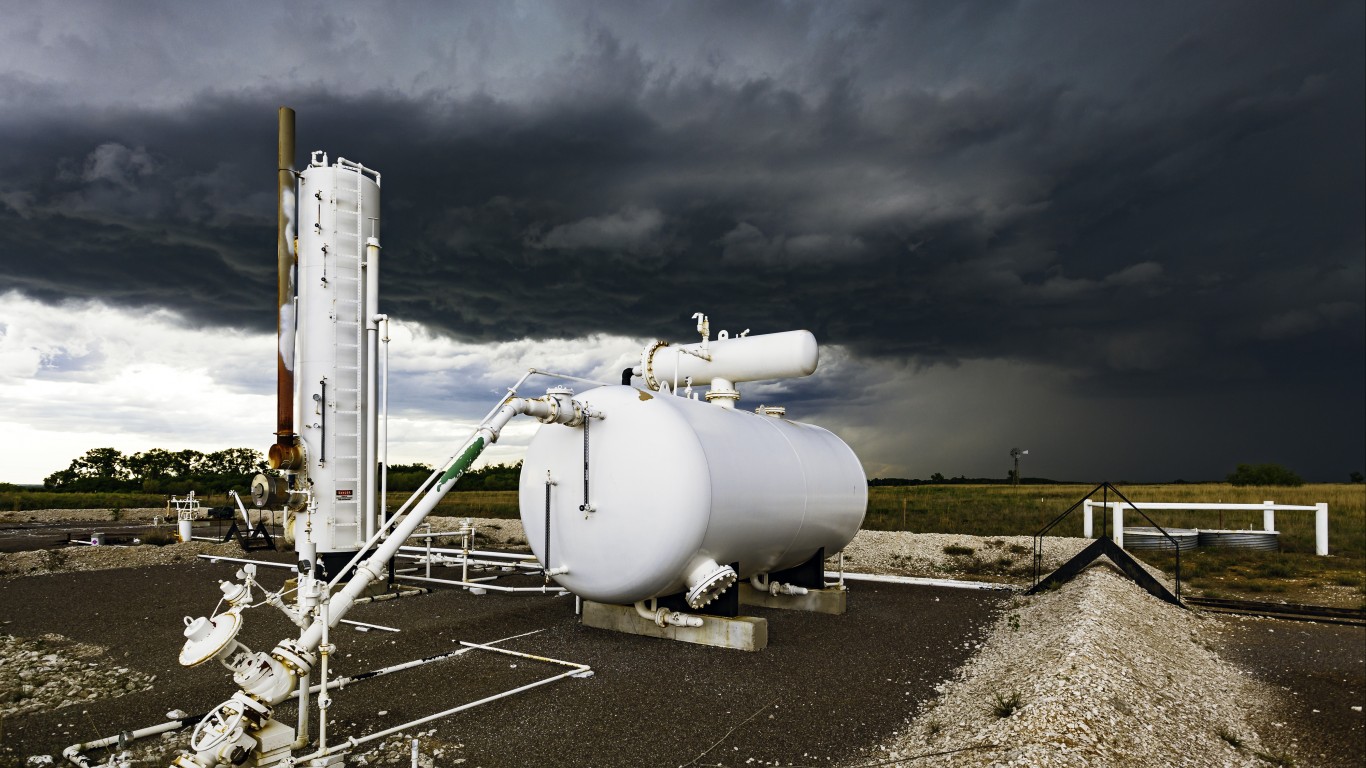Energy
Global Energy Investment Set to Tumble by $400 Billion This Year

Published:
Last Updated:

At the beginning of the year, the International Energy Agency (IEA) was expecting 2020 to see a year-over-year increase of about 2% in energy investment. Based on spending of about $1.88 trillion in 2019, total spending was forecast to expand to $1.92 trillion in 2020.
The coronavirus pandemic has not only drawn a line through that estimate, it has eradicated it. According to the annual IEA World Energy Investment report published Wednesday, investment in energy is now expected to drop by 20%, or nearly $400 billion, in 2020.
The spending decline in the energy industry is largely due to the steep drop in oil prices. In 2019, oil and gas exploration and production companies spent $756 billion on upstream and downstream investments. That total is expected to drop to $511 billion this year as revenues from oil have plummeted due to a lack of demand.
Demand for transportation fuel dropped off a cliff as airline traffic fell by more than 90% and governments imposed stay-at-home restrictions that sent gasoline and diesel prices plunging. About half the world’s consumer spending on energy in 2019 went to buy products refined from crude oil.
More than a third of global consumer spending on energy (38%) paid for electricity. Lack of demand from commercial and industrial users is expected to diminish consumer spending in the power sector by about 10%.
Spending on energy efficiency is forecast to drop from $249 billion in 2019 to $219 billion this year, as spending is set to drop in industrial activities like construction and automobile manufacturing that typically make efficiency improvements every year.
The IEA expects spending on renewable sources for transportation and heating to drop from $33 billion in 2019 to $29 billion in 2020. The following chart shows the spending pattern for the past two years and the estimated spending for 2020.
As a share of gross domestic product, energy investment has fallen from around 3% to less than 2%, according to the IEA. The agency notes that the lower spending indicates a slowdown from the boom years earlier in this decade. The consequences are potentially severe:
[T]he trend is visible too in the power sector and elsewhere, reflecting the lack of progress in boosting key clean energy technologies at the pace required by rising global needs and the imperative to address climate change.
Want retirement to come a few years earlier than you’d planned? Or are you ready to retire now, but want an extra set of eyes on your finances?
Now you can speak with up to 3 financial experts in your area for FREE. By simply clicking here you can begin to match with financial professionals who can help you build your plan to retire early. And the best part? The first conversation with them is free.
Click here to match with up to 3 financial pros who would be excited to help you make financial decisions.
Thank you for reading! Have some feedback for us?
Contact the 24/7 Wall St. editorial team.